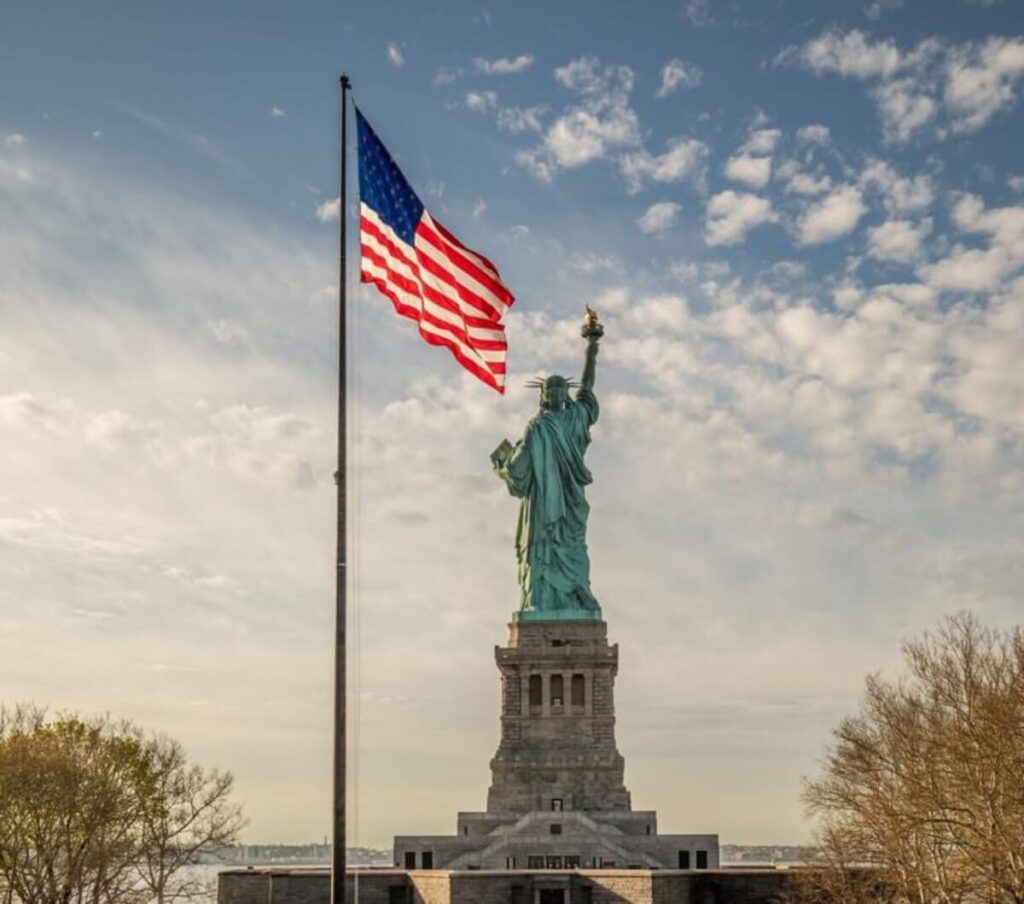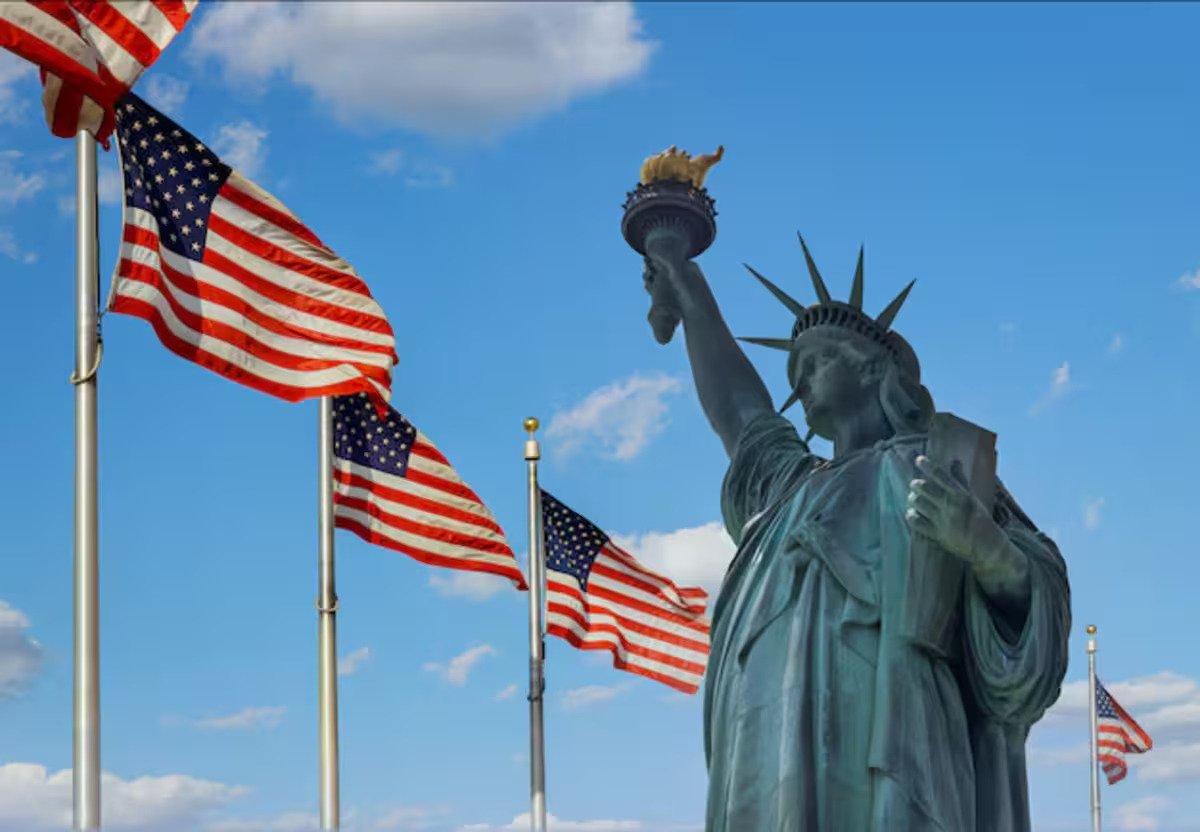The Constitution, as the supreme law of a nation, forms the foundation of legal systems worldwide. In countries like the United States, specific articles within the Constitution establish its position as the highest law of the land. So, which article proclaims the constitution as the highest law? This crucial point is found in the United States Constitution under Article VI, often referred to as the “Supremacy Clause.” This article ensures that the Constitution takes precedence over any conflicting state laws or constitutions and establishes the framework for a unified legal system across the country.
Understanding the Supremacy Clause and its implications is vital for grasping the legal hierarchy in the United States. This article will explore the details of which article proclaims the constitution as the highest law, why it is significant, and how it affects the legal landscape today.
1. The Supremacy Clause: Article VI Explained
Article VI of the U.S. Constitution, known as the Supremacy Clause, directly states that the Constitution, along with federal laws and treaties made under its authority, shall be the “supreme Law of the Land.” Specifically, it reads:
“This Constitution, and the Laws of the United States which shall be made in Pursuance thereof; and all Treaties made, or which shall be made, under the Authority of the United States, shall be the supreme Law of the Land; and the Judges in every State shall be bound thereby, any Thing in the Constitution or Laws of any State to the Contrary notwithstanding.”
In simpler terms, this means that the U.S. Constitution overrides any state laws that conflict with federal statutes or constitutional provisions. When determining which article proclaims the constitution as the highest law, Article VI stands out as the definitive answer.
Implications of Article VI
The Supremacy Clause has profound effects on how laws are interpreted and applied within the United States. First, it prevents states from passing laws that conflict with federal legislation. For instance, if a state passes a law that contradicts a federal law, federal law will prevail due to Article VI. This legal principle ensures consistency across the nation and maintains the federal system’s integrity.
Additionally, Article VI binds judges to uphold the Constitution above all, including any conflicting state laws or constitutions. This legal authority creates a unified judicial framework, ensuring that federal laws are uniformly applied across all states.
2. Historical Context of the Supremacy Clause
The inclusion of the Supremacy Clause in the U.S. Constitution was essential to address issues arising from the Articles of Confederation, the country’s first governing document. Under the Articles, states had more autonomy, which led to inconsistent laws and conflicts between state and federal authorities. As a result, the Founding Fathers recognized the need for a stronger federal government with a unified legal framework.
During the Constitutional Convention of 1787, the Supremacy Clause was introduced as a solution to these challenges. It ensured that federal law would always take precedence over state law, preventing the fragmentation of authority that had plagued the early government.
This principle was reinforced in cases like McCulloch v. Maryland (1819), where the Supreme Court ruled that states could not interfere with federal laws or institutions. Chief Justice John Marshall famously stated that “the Constitution and the laws made in pursuance thereof are supreme; they control the constitution and laws of the respective states, and cannot be controlled by them.”
3. Modern-Day Applications of the Supremacy Clause
Today, the Supremacy Clause continues to play a vital role in maintaining the hierarchy of laws in the United States. It has been used to resolve numerous legal disputes, particularly in cases where state laws conflict with federal regulations.
Healthcare and Immigration Conflicts
One notable example is in the realm of healthcare. The Affordable Care Act (ACA), commonly known as “Obamacare,” was a federal law passed in 2010 that mandated health insurance for Americans. Some states attempted to pass laws that contradicted federal provisions, but the Supremacy Clause prevented these state laws from undermining the ACA.
Similarly, immigration law often sees the Supremacy Clause in action. Federal immigration laws supersede state policies, even in situations where local authorities disagree with federal enforcement. For instance, when certain states created laws restricting immigration enforcement, federal courts relied on the Supremacy Clause to uphold the Constitution and federal law as the ultimate authority.
Environmental Protections
In environmental law, federal regulations often conflict with state policies. The Environmental Protection Agency (EPA) sets federal standards for pollution control, and the Supremacy Clause ensures that these national guidelines override any less stringent state laws. This maintains nationwide standards for environmental protection, ensuring that no state undermines national efforts to reduce pollution.

4. The Supremacy Clause and State Sovereignty
While Article VI clearly establishes the Constitution as the supreme law, it also brings up questions regarding the balance of power between federal and state governments. The Supremacy Clause sometimes creates tension between federal authority and state sovereignty, especially when states feel that their rights are being encroached upon by federal mandates.
State vs. Federal Authority
This tension can be seen in issues like marijuana legalization. Although some states have legalized recreational marijuana, federal law still classifies marijuana as an illegal substance. According to the Supremacy Clause, federal law could technically override state laws. However, in practice, the federal government has largely refrained from enforcing its laws in states that have chosen to legalize the drug, illustrating the complexity of federal-state relations under Article VI.
The balance between state sovereignty and federal authority remains a key issue in U.S. law, but the Supremacy Clause ensures that federal law retains its position at the top of the legal hierarchy.
5. Key Takeaways on the Supremacy Clause
- Which article proclaims the constitution as the highest law? Article VI of the U.S. Constitution, known as the Supremacy Clause, declares the Constitution and federal laws as the “supreme Law of the Land.”
- This article ensures that federal law overrides any conflicting state laws, maintaining a unified legal framework across the United States.
- The Supremacy Clause originated as a solution to problems under the Articles of Confederation, ensuring that federal law would take precedence in the new constitutional system.
- Modern legal cases, from healthcare to immigration, continue to rely on the Supremacy Clause to resolve conflicts between state and federal law.
- Despite its power, the Supremacy Clause sometimes creates tension between federal authority and state sovereignty, especially in controversial areas like marijuana legalization.
FAQ Section
The Supremacy Clause is a provision in Article VI of the U.S. Constitution that establishes the Constitution, federal laws, and treaties as the supreme law of the land, overriding conflicting state laws.
It was included to create a unified legal system and resolve conflicts between state and federal laws, addressing issues experienced under the Articles of Confederation.
The Supremacy Clause ensures that if state laws conflict with federal laws, federal law will prevail, maintaining a consistent legal framework nationwide.
No, according to the Supremacy Clause, federal laws always take precedence over conflicting state laws.
Yes, treaties made under the authority of the United States are also considered part of the “supreme Law of the Land” according to Article VI.
Read More: Who to call when your being harassed by the cops
- The Constitution of the United States, Article VI, Supremacy Clause: U.S. National Archives

Jonathan Hartley is a highly regarded senior criminal lawyer with over 15 years of experience in the UK legal system. He began his career at a prestigious law firm in London, where he specialized in both defense and criminal law. Known for his ability to craft compelling defense strategies, Jonathan has successfully represented clients in high-profile cases and earned multiple awards for his contributions to the field of law.
In addition to his legal practice, Jonathan is also an accomplished legal writer, contributing articles to top legal blogs and online platforms. His work not only provides valuable insights into legal matters but also meets Google’s E-E-A-T standards by delivering accurate, reliable, and trustworthy information to readers. Committed to legal ethics and public welfare, Jonathan actively participates in discussions on law and justice while educating the public through his writing.










